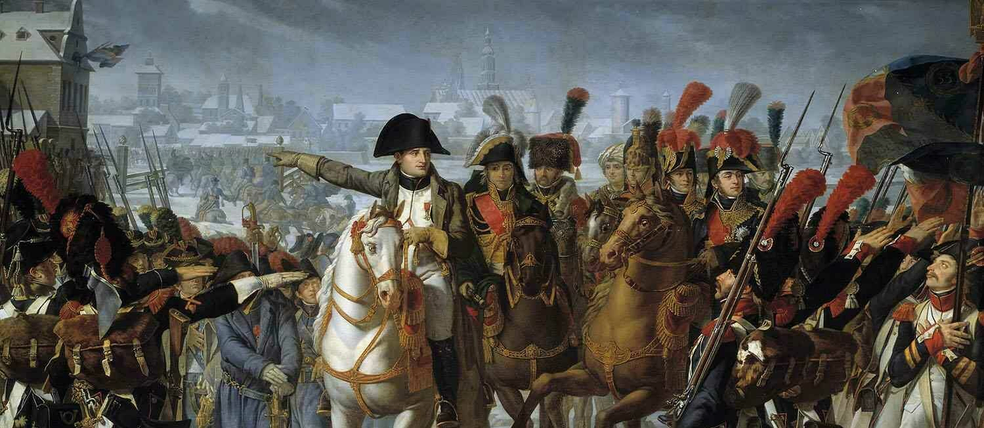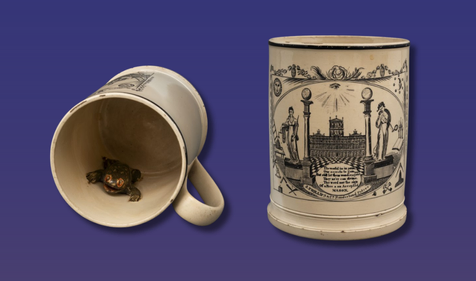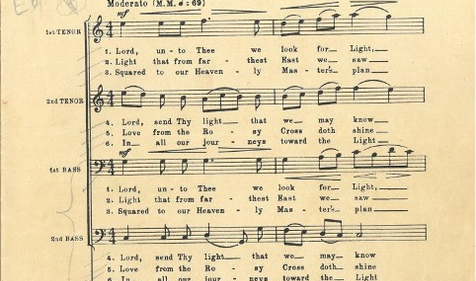This blog was originally published by the Montreal Valley, QC, AASR of Canada by Jacques G. Ruelland, 33°.
Was Napoleon a Freemason? Several authors affirm this, but none provide proof that is not circumstantial. Some authors assume that Napoleon would have been initiated during his trip to Egypt in 1799, while others believe it was in 1802.
However, the answer to the title question can only be “no.” But we must then understand why, during the Napoleon Empire, Freemasonry relived a splendor that the French Revolution had extinguished in its turmoil. This rebirth is explained in an extract from a letter dated March 16, 1818 by Claude Antoine Thory:
“The Freemasons who, since the death of the Duke of Orléans, no longer had a Grand Master, had the idea of proposing to Prince Cambaceres to accept this dignity. The latter spoke to Bonaparte about it, representing to him that the association of Freemasons, well directed, far from being harmful to his views, could be very useful in political relations.
The Emperor before deciding, asked for a memoir on the aims and principles of the association and on what was called the secret of the Freemasons. Cambaceres summoned the chiefs of the order to his hotel and communicated this reply to them. M. Pyron and others were commissioned to write the memoir. It was presented a few days later.
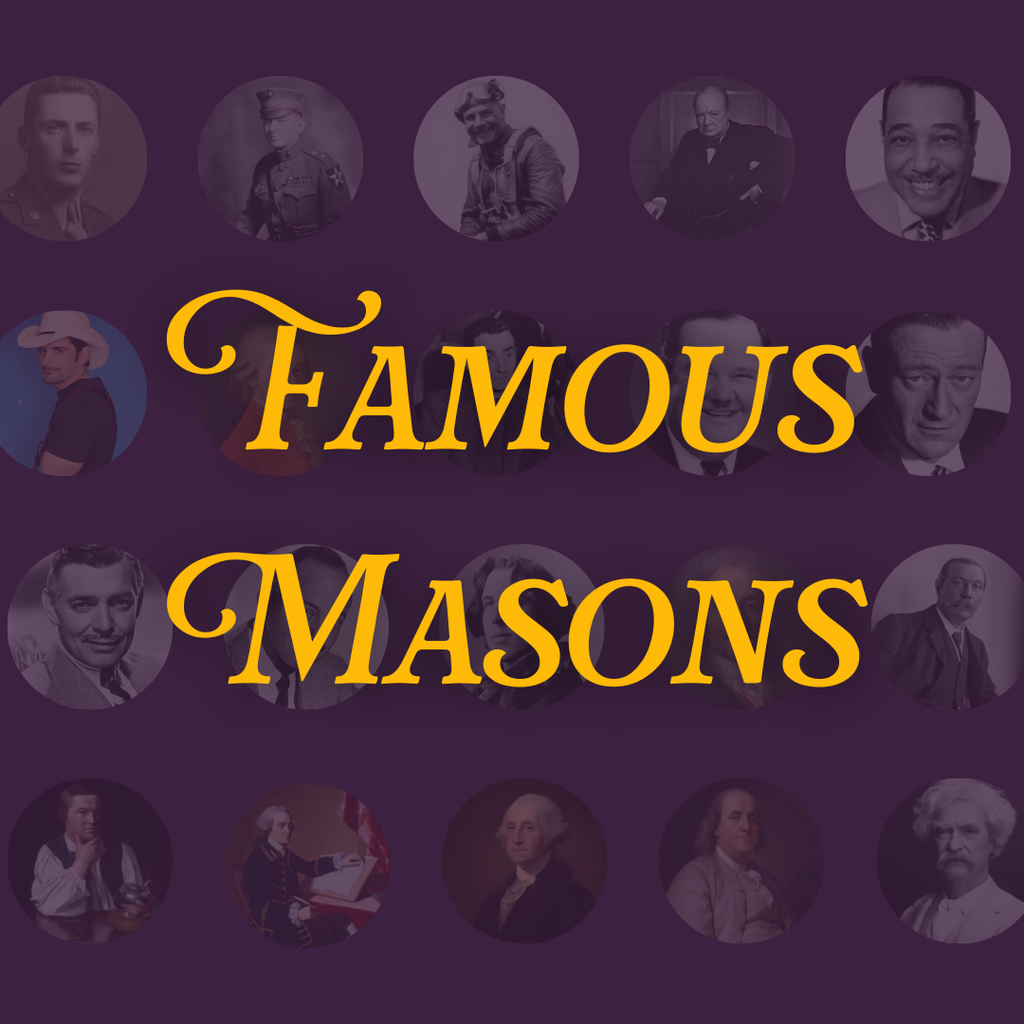
Sign Up for Our Famous Masons Email Series
Learn more about the well-renowned men who we are proud to call "Brother".
In their memoir these gentlemen declared that the Freemasons were the successors of the Templars, that their principal aim was the restoration of the Order of the Temple, that all their allegories related to the death of Jacques de Molay, that revenge mentioned in the grades of Elected and K.H. (Knight of Heredom) was that which the Templars of old swore to exercise against King Philippe Le Bel, destroyer of the Order and his successors: but that this revenge was accomplished by the accession of Napoleon to the imperial throne.
Bonaparte, on reading the memoir, was delighted with such a reassuring explanation. He determined to protect the Freemasons, and gave them his brother [Joseph] as Grand Master, then King of Spain; Cambaceres was appointed Deputy Grand Master. Finally, he ordered his generals, the members of his Court, and all the public functionaries to enter the lodges. (…)”
Like almost all despots, Napoleon appreciated flattery, and the memoir he had read flattered him to perfection. The memoir further confirmed what he had already suspected: Masonic ceremonies were only “amusements for fools,” Masons being only “children having fun: let them do it and watch them.”
Napoleon was suspicious of secret societies but, surrounded by many Masons, including several members of his family, he suddenly saw the possibility of controlling them and even using them, particularly against the pope. Protecting Masonic lodges, which the pope had condemned, could only harm the latter.
In a few months, all the greats of the Empire found themselves in the lodges and the Grand Orient de France (GODF) took off considerably— all members of the government were Masons.
GODF included 0 lodges in 1793 and grew to 1,219 by 1814, which formed an immense network covering France. All of Napoleon’s brothers were Masons, which was enough for the hesitant French men to join Freemasonry.
A famous French dictionary of Freemasons reserves seven entries solely for members of the Bonaparte family: Charles-Marie, his father, and his brothers: Jerome Napoleon, King of Westphalia; Joseph Napoleon King of Spain and India; Louis, King of Holland; Lucien, Prince of Canino; Napoleon Joseph Charles Paul, known as Prince Jerome, diplomat; and Prince Pierre Napoleon, revolutionary.
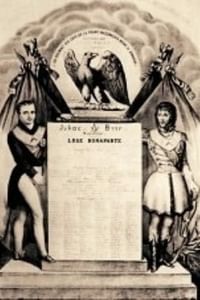
With so many “spies” in the Lodges, Napoleon didn't need to become a Mason in order to know what was going on. Given this fact, the absence of his name from membership rolls, his contempt for Masonic labors, and perhaps his distrust of the initiation ritual, one can understand that Napoleon never intended to become a Freemason and never was. However, his intention to use it as a network of political control ensured a bright future for the GODF and gave Freemasonry a radiance that it did not have in France in the 19th and 20th centuries due to the many social and political conflicts.
It should also be noted that this development became an instrument of political action, which definitively distanced it from the apolitical line of conduct of original, regular Anglo-Saxon Freemasonry.
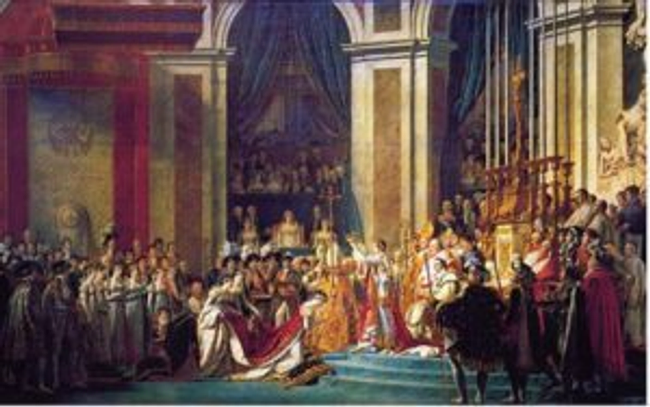
Related Stories
Discover additional Scottish Rite blogs and news on this topic.
